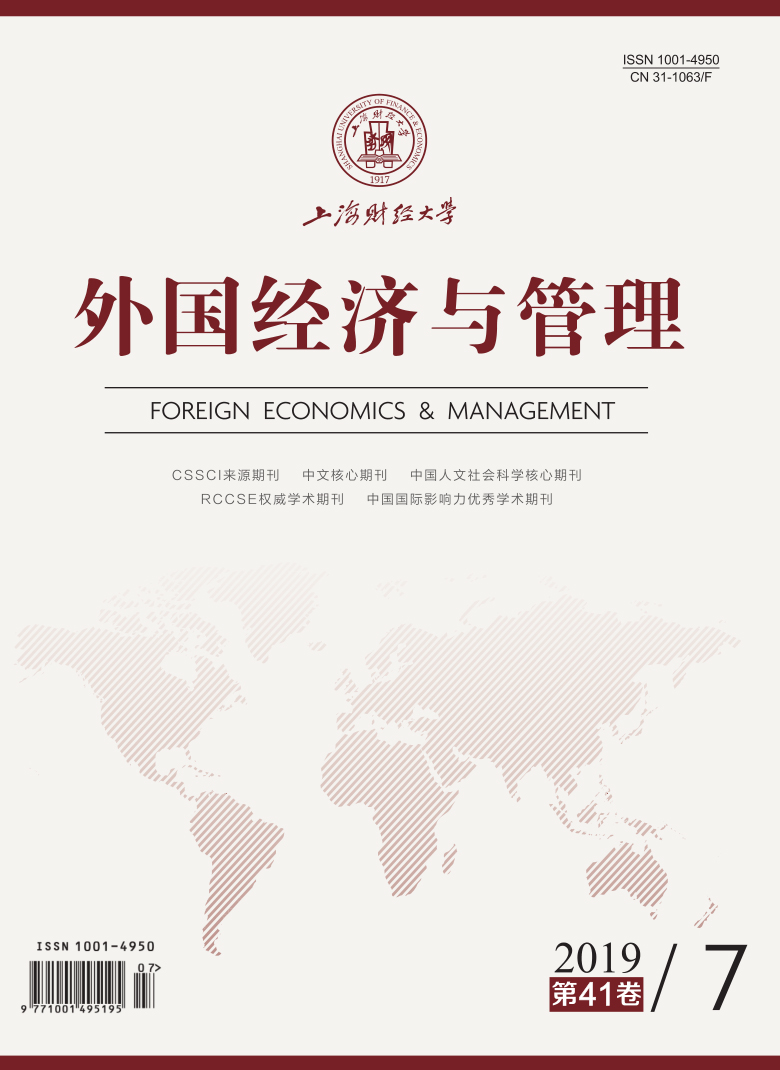One of the major limitations of the organizational creativity and innovation research and practices is that much attention has been paid to the processes and outcomes of creators’ idea generation and idea implementation. Nevertheless, how ideas are recognized by significant others has long been ignored. Thus, the current paper illustrates how idea recognition acts as the threshold for organizational innovation, and thoroughly reviews the antecedents, processes, consequences, and the main theoretical frameworks of idea recognition. We also propose new directions for future research. To begin with, we define the idea recognition as " the extent to which a person recognizes and/or selects a normatively new idea generated by others to be novel and useful”. Furthermore, we propose that when the focus shifts from idea generation to idea recognition, three main transformations will happen. These transformations are:(1)the change of participants of organizational innovation from primary creators(i.e., employees or teams)to key stakeholders(e.g., supervisors across organizational levels, members of decision-making committee, external clients or consumers);(2)the change of tasks of organizational innovation from " inventing or creating new things” to " recognizing the newness of things”; and(3)the change of the mechanism of organizational innovation from cognitive processes to social processes. Secondly, this paper summarizes how features of the three subsystems manifest their effects on evaluators’ idea recognition. The factors of the evaluator subsystem include evaluators’ individual differences, evaluators’ identities and roles, and the compositional features of teams/groups; the factors of the idea/creator subsystem are further divided into the features of ideas and the characteristics of creators; and the factors of the social/context subsystem include the interpersonal interactions between evaluators and creators, the characteristics of organizational and contextual settings, and the social norms and cultures. Thirdly, we illustrate four theoretical frameworks that serve as the overarching theories of the idea recognition research. The construal level theory is employed to reveal the relationship between the psychological distance and evaluators’ cognition processing; the elaboration likelihood model of persuasion is introduced to clarify the two pathways of cognitive processing in idea recognition; according to the regulatory focus theory, evaluators with promotion focus differ from those with prevention focus in terms of idea recognition outcomes; the motivated information processing theory is adopted to explain how the processes and outcomes of idea recognition are shaped by evaluators’ motivations. Finally, we propose six topics for future investigations, including the antecedents and their mechanism of decision-makers’ idea recognition, the effects of the competition and cooperation between evaluators on idea recognition, the impact of the interpersonal interactions between evaluators and creators on idea recognition, the influence of the ingroup/outgroup relationship between evaluators and creators on idea recognition, the multilevel investigation of organizational innovation strategies on idea recognition, and the integration and expansion of theoretical frameworks. The current paper contributes to the organizational creativity and innovation literature in three ways. Firstly, it introduces a new perspective for researchers and practitioners to shift the focus from idea generation to idea recognition. Secondly, it lays a solid foundation for future research by constructing an integrated research framework for idea recognition. Thirdly, it proposes six specific topics to ease the research agenda of idea recognition.
 / Journals / Foreign Economics & Management
/ Journals / Foreign Economics & ManagementForeign Economics & Management
JIN Yuying, Editor-in-Chief
ZhengChunrong, Vice Executive Editor-in-Chief
YinHuifang HeXiaogang LiuJianguo, Vice Editor-in-Chief
A Literature Review of Idea Recognition Research and Theory: Past, Present and Future Directions
Foreign Economics & Management Vol. 41, Issue 07, pp. 42 - 57 (2019) DOI:10.16538/j.cnki.fem.2019.07.003
Summary
References
Summary
Cite this article
Qi Shuting, Bai Xinwen, Lin Lin. A Literature Review of Idea Recognition Research and Theory: Past, Present and Future Directions[J]. Foreign Economics & Management, 2019, 41(7): 42-57.
Export Citations as:
For
ISSUE COVER
RELATED ARTICLES




 , 1
, 1 11699
11699  10160
10160

